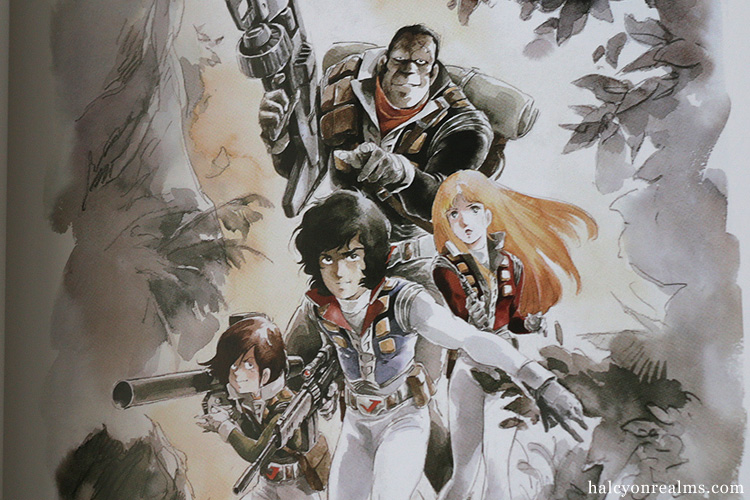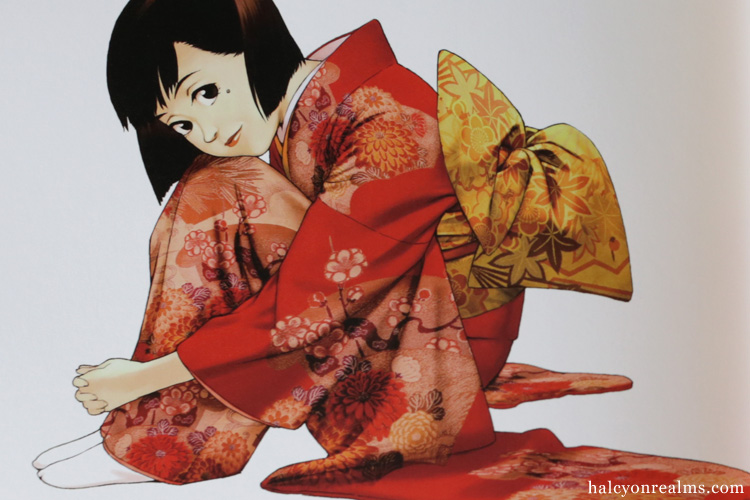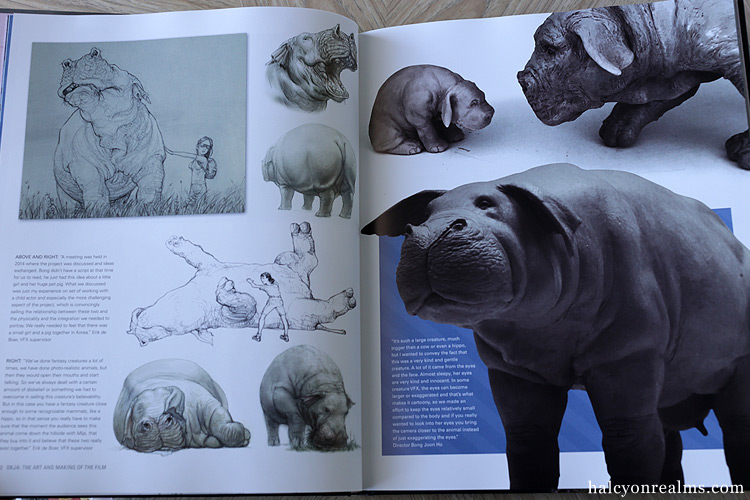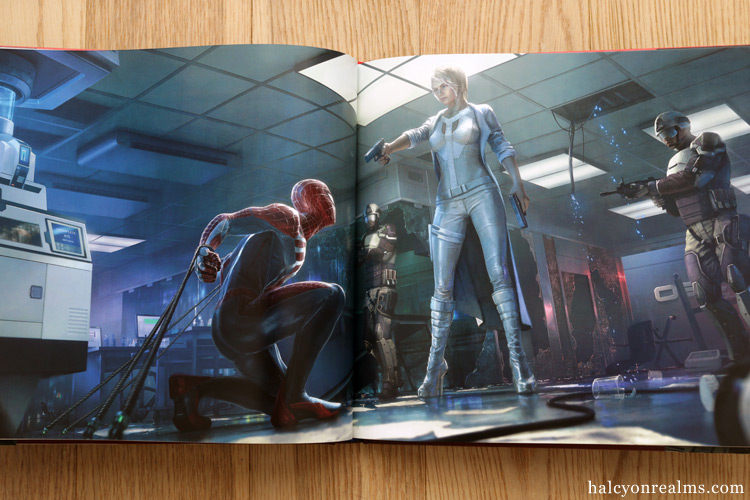As much as I enjoyed Ang Lee’s treatment of the story and the movie itself, let’s leave the debate on the merit of the show and talk just about Mr Green himself.
ILM’s rendition of the Hulk has been nothing short of breathtaking. ( One writer in a local newspaper passed him off as been “rubbery”, and I’ve since dispatched David Banner’s mutant mouse after her, god bless. ) For the uninitiated, computer graphics are terribly afraid of a few things : close ups ( and we’re talking full, cinema resolution ), water/wet skin, green or not, and notably, bright scenes with lots of sunshine and daylight, because its excruciatingly hard to blend CG and make it believable in such conditions. But here, the Hulk is just flaunting it, plain. In the scene where he bursts out of the containment chamber, water spewing and hands raised in rage, I might as well have believed that he was a living, breathing Hulk. Let’s not even get started on the desert scenes.
Realism aside, my favourite scene has to be the electrifying shot of father and son, rocketing through the sky, their silhouettes etched onto passing clouds like giant impressionist paintings, coupled nicely with Elfman’s dramatic score.











